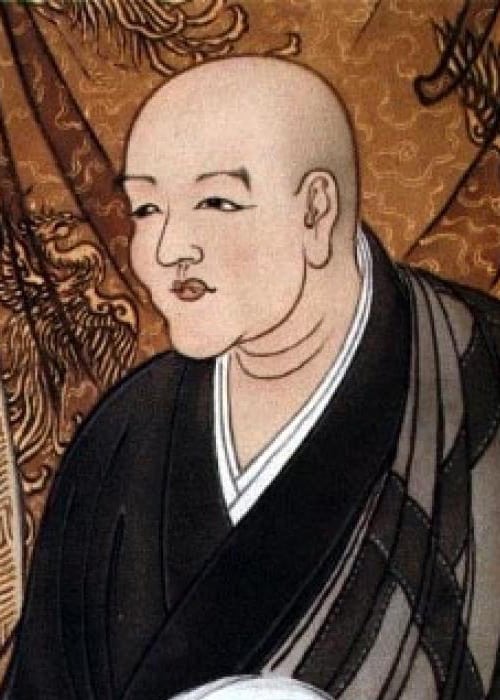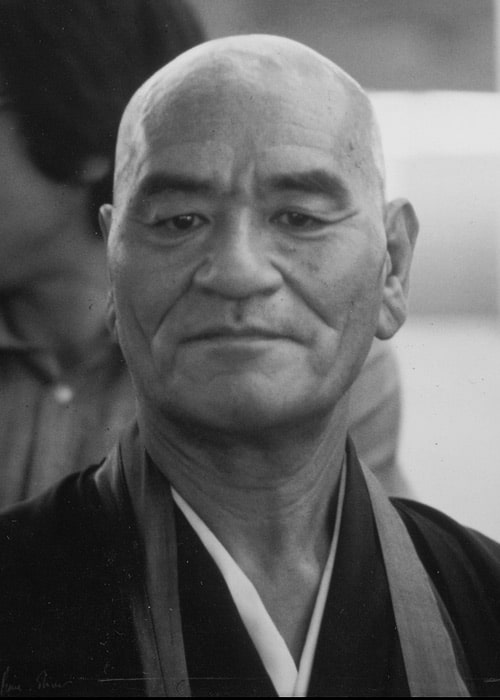Top 10 Influential Buddhist Teachers
Buddhism is a religion and philosophy that has been practiced for over two millennia, with its teachings and practices having a profound impact on the lives of millions of people around the world.
Throughout its history, Buddhism has been shaped and guided by many influential teachers who have dedicated their lives to spreading its principles and teachings.
These teachers, also known as Masters or Buddhist Masters, have contributed to the development and growth of Buddhism through their writings, teachings, and examples. Their wisdom and insights continue to inspire and guide millions of Buddhists today, making them some of the most influential figures in the history of the religion.
In this article I will discuss some of the most influential Buddhist teachers (past and present), exploring their contributions to the development of Buddhism and their lasting legacies.
Here are the most influential Buddhist teachers:
Siddhartha Gautama (563-483)

Siddhartha Gautama was an Indian prince from the 6th century BC. who became the founder of Buddhism. According to Buddhist tradition, he was born in the Lumbini region, which is now in Nepal, and grew up in a noble family. After experiencing the pain of illness, old age and death, he left his life of luxury to embark on a spiritual quest. After years of meditation and research, he attained enlightenment under a bodhi tree in Bodhgaya, India, and became known as the Buddha, which means “the enlightened one”. His understanding of the nature of suffering and the path to liberation became the foundation of Buddhist teaching.
Nagarjuna (150-250)

Nagarjuna was an Indian philosopher who lived between the 2nd and 3rd century CE. He is considered one of the most important Buddhist philosophers, and his works played a major role in the development of Mahayana Buddhism. Nagarjuna is known for his philosophy of “emptiness” or “shunyata,” which asserts that all phenomena are devoid of inherent existence. He is also known for his critical analysis of all concepts, including his own, in order to reveal their ultimate emptiness.
Dogen Zenji (1200-1253)

Dogen Zenji (1200-1253) was a Japanese Zen master who founded the Soto school of Zen in Japan. He is renowned for his teachings on the importance of zazen, or seated meditation, as a means of attaining enlightenment. Dogen emphasized the unity of practice and realization, teaching that the practice of zazen itself is enlightenment. His most famous work, the Shobogenzo, is a collection of essays on Zen practice and philosophy, and remains a seminal text in the Zen tradition to this day.
Thich Nhat Hanh (1926-2022)

Thich Nhat Hanh is a Vietnamese Buddhist monk, teacher, author, and peace activist. He has dedicated his life to promoting mindfulness, compassion, and understanding as a means to achieve inner peace and build a more compassionate world. He founded the Plum Village Community of Engaged Buddhism, a monastic community that practices engaged Buddhism, and is the author of many books, including “The Miracle of Mindfulness” and “Peace is Every Step“. He has been nominated for the Nobel Peace Prize by Martin Luther King Jr. and is a renowned spiritual leader and influential figure in contemporary Buddhism.
Ajahn Brahm (1951-)

Ajahn Brahm, also known as Ajahn Brahmavamso, is an Australian Buddhist monk of English descent. He was born in 1951 and was ordained in Thailand in the Theravada tradition of Buddhism in 1974. He is known for his practical and humorous approach to teaching Buddhism (he makes me laugh a lot!), as well as for his work promoting meditation and mindfulness. He founded the Bodhinyana Monastery in Australia, where he regularly teaches meditation and Buddhist wisdom. He is also the author of several popular books on Buddhism, such as “Mindfulness, Bliss, and Beyond” and “Opening the Door of Your Heart“.
Yongey Mingyur Rinpoche (1975-)

Yongey Mingyur Rinpoche is a Tibetan Buddhist master born in 1975 in Nepal. I must confess to having a soft spot for him. He is recognized as one of the greatest meditation teachers of his generation. He is the son of Tulku Urgyen Rinpoche, a grand master of the Kagyu and Nyingma tradition of Tibetan Buddhism. Mingyur Rinpoche started studying and practicing meditation when he was nine years old. At the age of sixteen, he began teaching meditation to groups of young people. In 2011, he founded the Tergar Community, a global organization that offers meditation programs and Buddhist teachings around the world. He has also written several books on meditation and Buddhism, including “Turning Confusion into Clarity” the best seller “The Joy of Living“.
Taisen Deshimaru (1914-1982)

Taisen Deshimaru was a Japanese Zen monk who introduced the practice of Zen to France in the 1960s. He was born in 1914 in Saga, Japan, and began studying Zen at an early age. In 1967, he was sent to France, by his Master Kodo Sawaki, to lead a community of Zen practitioners. He founded several practice centers across Europe and taught thousands of disciples, becoming one of the most influential Zen masters of the 20th century. Deshimaru has also written several books on Zen practice and its philosophy, including “Question to a Zen Master” and “Sit: Zen Teachings“.
Kodo Sawaki (1880-1965)

Kodo Sawaki was a Japanese Zen master from the Soto lineage. He is considered one of the most influential teachers of modern Zen in Japan. Sawaki began his meditation practice as a Buddhist monk at the age of 17 and spent many years studying Buddhist sutras and teachings. In 1920 he began teaching Zen throughout Japan, advocating a simple and straightforward style of practice that attracted many disciples. He also encouraged the practice of zazen (sitting meditation) in monasteries and in daily life. His teachings have influenced many modern Zen masters and inspired secular Zen movements in Japan and around the world.
Dalai Lama (1935-)

The Dalai Lama is the spiritual leader of Tibetan Buddhism and an important cultural and political figure in Tibet. He was born on July 6, 1935, and was recognized as the reincarnation of the previous Dalai Lama at a young age. He fled Tibet in 1959 after a failed uprising against Chinese rule and has since lived in exile in India. The Dalai Lama is known for his teachings on compassion, nonviolence, and mindfulness and has received numerous awards and honors for his efforts towards peace and human rights. Dalai Lama has written numerous books including “The Book of Joy” and “Heart to Heart“.
Jack Kornfield (1945-)

Jack Kornfield is a well-known author and teacher in the field of mindfulness meditation and Buddhist psychology. He has trained extensively in Thailand and India with renowned meditation masters, and has played a key role in bringing mindfulness to the West. Kornfield has written several influential books, including “The Wise Heart“, and has founded several organizations dedicated to promoting mindfulness and compassion, such as Spirit Rock Meditation Center and the Mindfulness Meditation Teacher Certification Program. His teachings emphasize the importance of developing compassion and mindfulness in our daily lives.
Conclusion
These Buddhist teachers have played and play a crucial role in transmitting Buddhist wisdom and teaching the practice of meditation. They guide practitioners on the path to freedom from suffering and enlightenment.
These teachers also have an important role in preserving and passing on Buddhist teachings and practices from one generation to the next. Their role in the Buddhist community is therefore fundamental to keeping the tradition alive and relevant for future generations.

